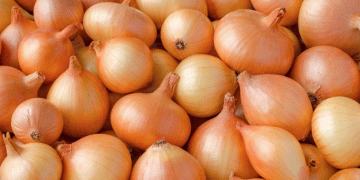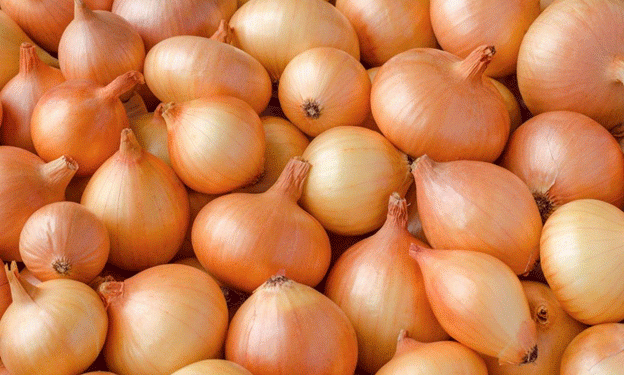Onion production in Malaysia has long been a challenge, with the nation relying heavily on imports to meet local demand. Currently, Malaysia imports a significant portion of its onions, primarily from countries like India and Pakistan. This reliance not only makes the country vulnerable to supply chain disruptions but also impacts food security and local agricultural sustainability. In response, the Malaysian government has unveiled an ambitious plan to enhance the onion supply chain and boost local production.
Investment Details and Objectives
The government has allocated RM12 million (approximately USD 2.55 million) for 2025, specifically targeting improvements in infrastructure and support for onion farmers. Datuk Nor Sam Alwi, the director-general of the Agriculture Department, highlighted the key components of this investment:
- Development of Irrigation Systems: Upgrading irrigation is crucial for stable onion yields, especially given the fluctuating weather patterns. Efficient irrigation will help maintain soil moisture levels, which are critical for onion growth.
- Storage and Drying Facilities: Proper storage infrastructure will minimize post-harvest losses. Currently, the lack of adequate storage facilities leads to significant wastage, undermining farmer profitability and market stability.
- Farmer Training and Technical Assistance: Providing farmers with technical know-how and access to modern agricultural practices will empower them to maximize productivity and resource use.
The government envisions this project as a stepping stone towards achieving a higher self-sufficiency rate. By 2030, Malaysia aims to produce over 14,000 metric tonnes of onions annually from 1,347 hectares of cultivated land. This plan falls under the broader 13th Malaysia Plan, which has earmarked RM100 million (USD 21.28 million) for strategic agricultural development initiatives.
Pilot Program in Perak: A Model for Expansion
A pilot project in Ladang Bikam, Perak, marks the beginning of this modernization effort. The initiative in Perak involves distributing planting materials, establishing marketing support, and utilizing new technologies to monitor and manage crop health. The program is expected to serve as a model for scaling onion production efforts to other regions.
Addressing Key Challenges with Modern Farming
One of the biggest hurdles in scaling onion production is the high cost of labor. To mitigate this, the government is advocating for mechanized planting and precision agriculture techniques. Mechanization can reduce the need for manual labor while improving planting accuracy and efficiency. Precision agriculture, which uses data-driven approaches to manage fields, is another critical aspect of this initiative. By employing advanced technology, farmers can optimize fertilizer use, reduce water waste, and improve overall crop health.
Tackling Seasonal Variability and Seed Quality
Another challenge is the seasonal inconsistency of onion production. Onions are sensitive to weather conditions, and any disruptions can drastically affect yields. The government is investing in seed research to develop varieties that are more resistant to Malaysia’s tropical climate. Additionally, strategic planning for year-round production will be essential to ensure a steady supply of onions, thus reducing market volatility.
Future Outlook and Long-Term Goals
The strategic goal set by the Malaysian government is to achieve a 30% self-sufficiency rate in onion production by 2030. This ambitious target will require sustained investment and a multi-faceted approach, addressing everything from seed quality to large-scale commercial production. The comprehensive plan includes expanding cultivation areas across several states and leveraging both public and private sector support.
By 2030, with an investment of RM100 million (USD 21.28 million) under the 13th Malaysia Plan, the government aims to transform the agricultural landscape and make Malaysia a more self-sufficient nation in terms of onion production. This effort will not only strengthen food security but also create employment opportunities and promote agricultural resilience.
Malaysia’s investment in onion production represents a forward-thinking approach to reducing dependency on imports and enhancing agricultural self-sufficiency. By focusing on infrastructure, modern farming techniques, and comprehensive farmer support, the country aims to stabilize its onion supply and secure a more resilient food system. This initiative sets the stage for a stronger, more sustainable agricultural sector that can weather global supply disruptions and contribute to the nation’s overall economic stability.































